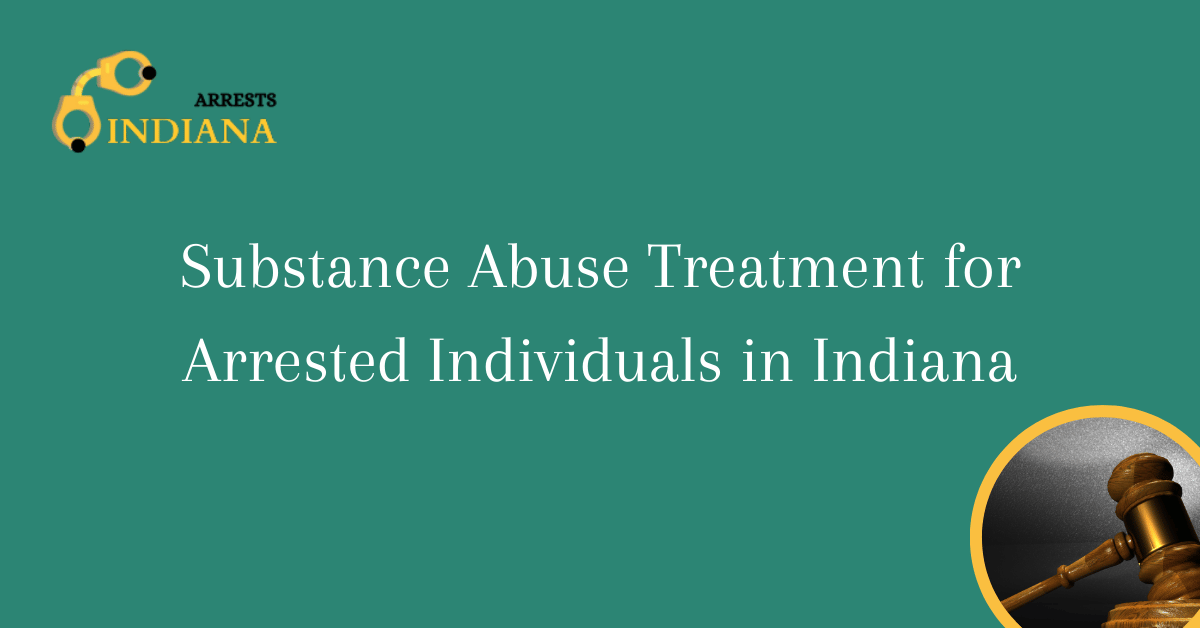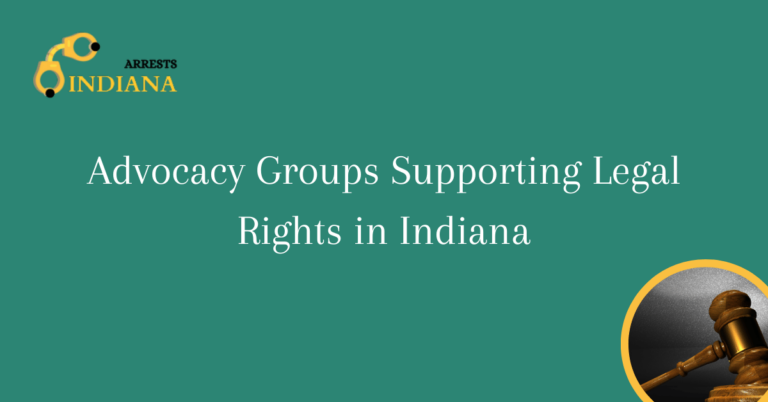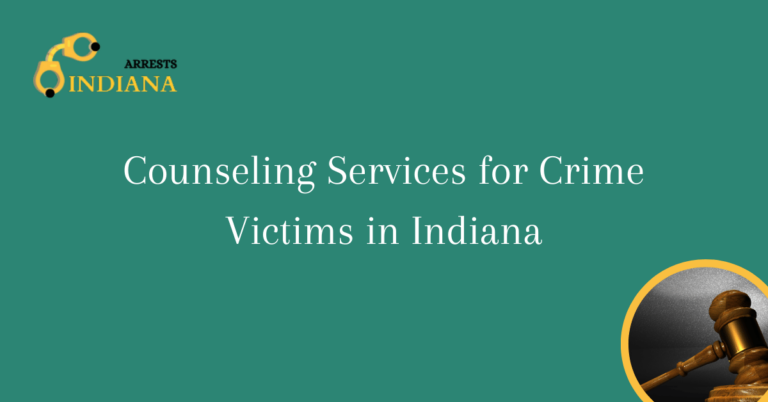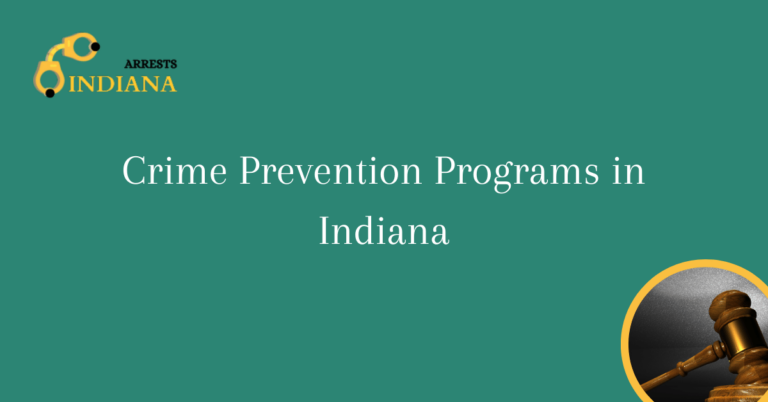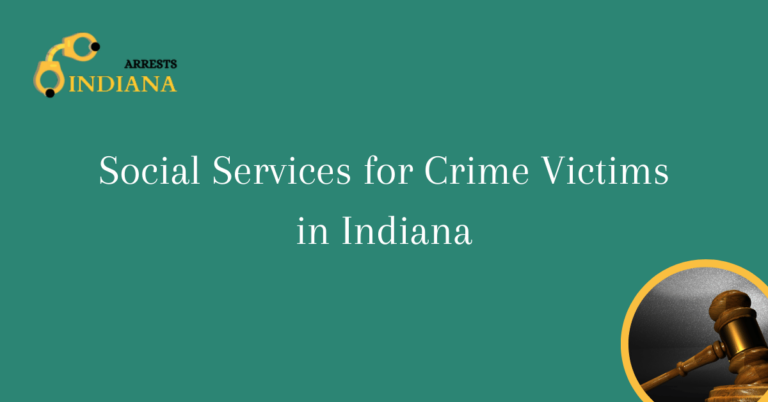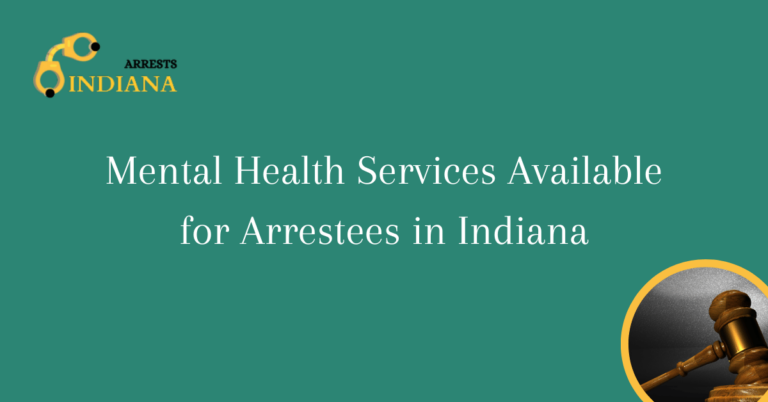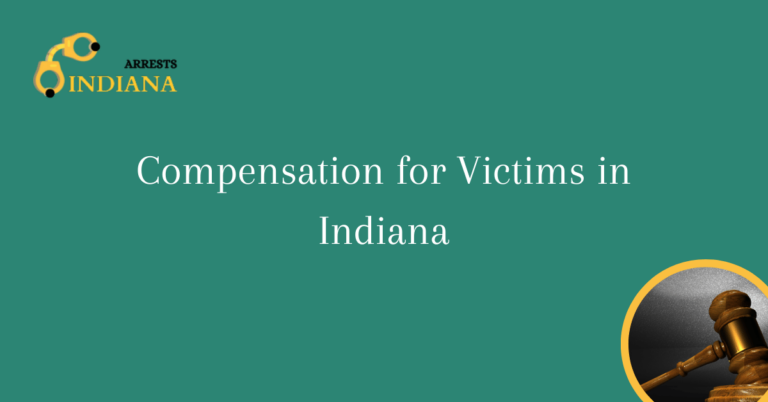Substance Abuse Treatment for Arrested Individuals in Indiana
Substance abuse treatment for arrested individuals in Indiana is a crucial aspect of the criminal justice system. It aims to address the underlying issues that may have led to substance abuse and criminal behavior. By providing comprehensive support and interventions, individuals can break free from the cycle of addiction and crime, leading to a healthier and more stable future.
Through evidence-based practices and individualized treatment plans, those in need can access the necessary resources to overcome their struggles with substance abuse. By addressing the root causes and offering support every step of the way, substance abuse treatment for arrested individuals in Indiana plays a vital role in promoting rehabilitation and reducing recidivism rates.
Evidence-Based Practices for Substance Abuse Treatment
Substance abuse treatment is a critical component of addressing addiction and criminal behavior among individuals who have been arrested. Evidence-based practices play a crucial role in ensuring that these individuals receive the support and care they need to overcome their struggles and lead healthy, productive lives.
Comprehensive Support for Arrested Individuals in Indiana
In Indiana, arrested individuals who are struggling with substance abuse are provided with comprehensive support to address their addiction and criminal behavior. This support may include access to therapy, counseling, medication-assisted treatment, and other evidence-based interventions that are tailored to their specific needs.
Individualized Treatment Plans for Lasting Recovery
Individualized treatment plans are essential for promoting lasting recovery among arrested individuals in Indiana. These plans take into account each individual’s unique circumstances, including the root causes of their addiction and criminal behavior, to ensure that they receive the most effective treatment possible.
Addressing Root Causes of Addiction and Criminal Behavior
Addressing the root causes of addiction and criminal behavior is crucial for helping arrested individuals in Indiana break free from the cycle of substance abuse and crime. By identifying and addressing these underlying issues, individuals can develop healthier coping mechanisms and prevent relapse.
Promoting Rehabilitation and Stability
Promoting rehabilitation and stability among arrested individuals in Indiana is essential for helping them rebuild their lives and reintegrate into society. By providing access to treatment, counseling, and support services, individuals can develop the skills and resilience needed to maintain their recovery and lead fulfilling lives.
Reducing Recidivism Rates Through Supportive Interventions
Supportive interventions are key to reducing recidivism rates among arrested individuals in Indiana. By offering ongoing support, counseling, and resources to help individuals stay on track with their recovery, the likelihood of returning to substance abuse and criminal behavior is greatly reduced.
Breaking Free from the Cycle of Addiction and Crime
Breaking free from the cycle of addiction and crime is a challenging but achievable goal for arrested individuals in Indiana. By engaging in evidence-based treatment practices and receiving comprehensive support, individuals can overcome their struggles and build a brighter, more stable future for themselves.
Creating a Healthier Future for Those in Need
By prioritizing evidence-based practices for substance abuse treatment among arrested individuals in Indiana, we can create a healthier future for those in need. Through a combination of support, intervention, and rehabilitation, individuals can overcome their addiction and criminal behavior and move forward with confidence and resilience.
Frequently Asked Questions
Our frequently asked questions section aims to provide comprehensive information on Substance Abuse Treatment for Arrested Individuals in Indiana. Here, you will find detailed explanations to commonly searched queries on Google, focusing on readability and clarity for an enhanced user experience.
What is substance abuse treatment?
Substance abuse treatment refers to a range of interventions aimed at helping individuals overcome addiction to drugs or alcohol. These treatments can include therapy, counseling, medication, and support groups.
What are the options for substance abuse treatment in Indiana?
In Indiana, individuals arrested for substance abuse issues have access to various treatment options, including inpatient rehab programs, outpatient counseling, medication-assisted treatment, and support groups like Alcoholics Anonymous or Narcotics Anonymous.
How effective is substance abuse treatment for arrested individuals?
Research shows that substance abuse treatment can be highly effective for arrested individuals, with outcomes improving when treatment is tailored to the individual’s needs. Factors such as motivation, support systems, and the type of treatment received can impact effectiveness.
Does insurance cover substance abuse treatment in Indiana?
Many insurance plans in Indiana offer coverage for substance abuse treatment, including Medicaid and private insurance. It’s important to check with your insurance provider to understand your coverage options and any potential out-of-pocket costs.
What do arrested people expect in Indiana’s substance abuse treatment?
During substance abuse treatment in Indiana, arrested individuals can expect to undergo assessments to determine the level of care needed, participate in therapy sessions, engage in activities to address underlying issues contributing to addiction, and receive support from trained professionals throughout the treatment process.
How can family help those in Indiana get substance abuse treatment?
Family members can support individuals undergoing substance abuse treatment in Indiana by participating in family therapy sessions, educating themselves about addiction and recovery, providing emotional support, setting boundaries, and encouraging their loved ones to stay committed to treatment and recovery goals.

